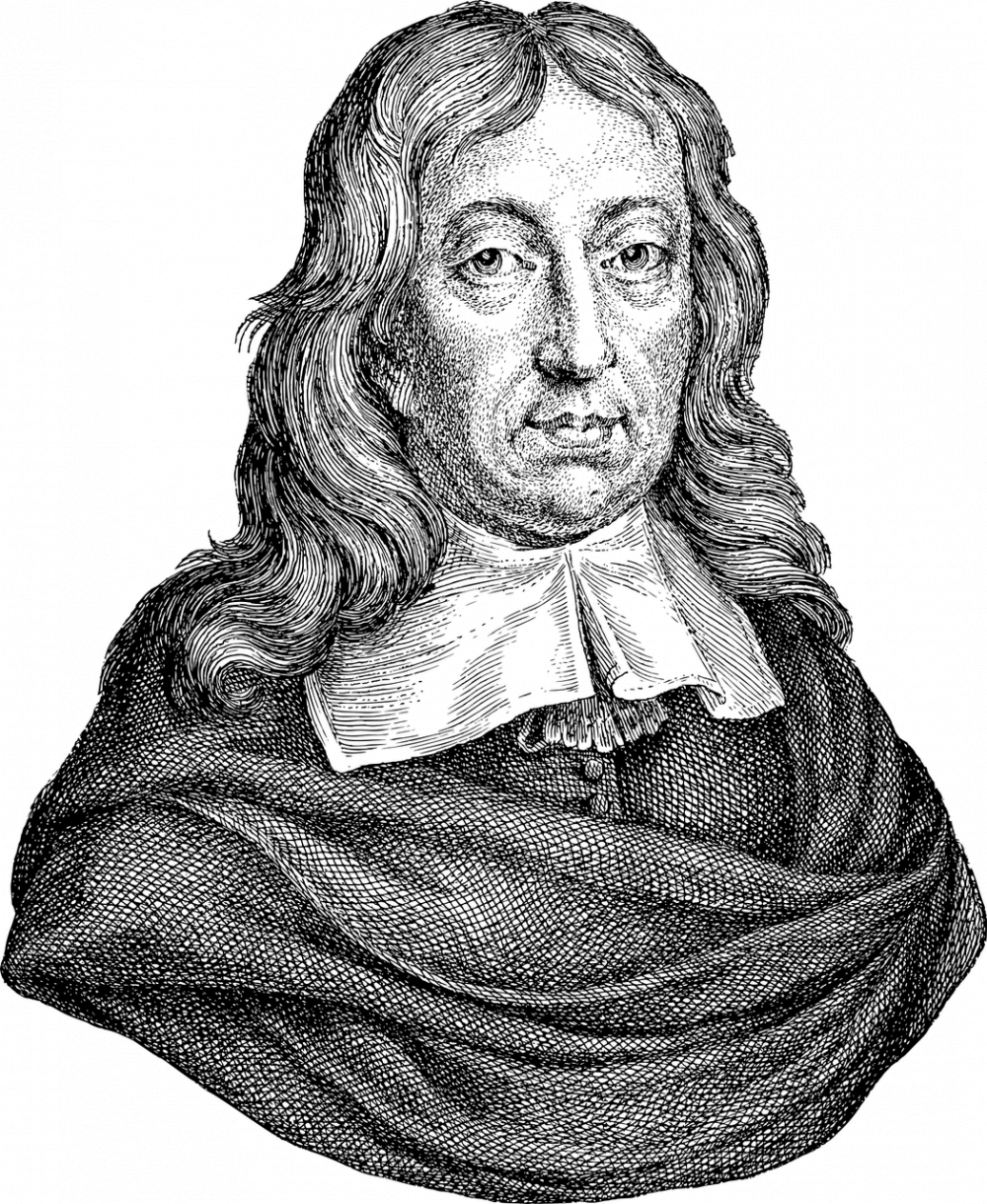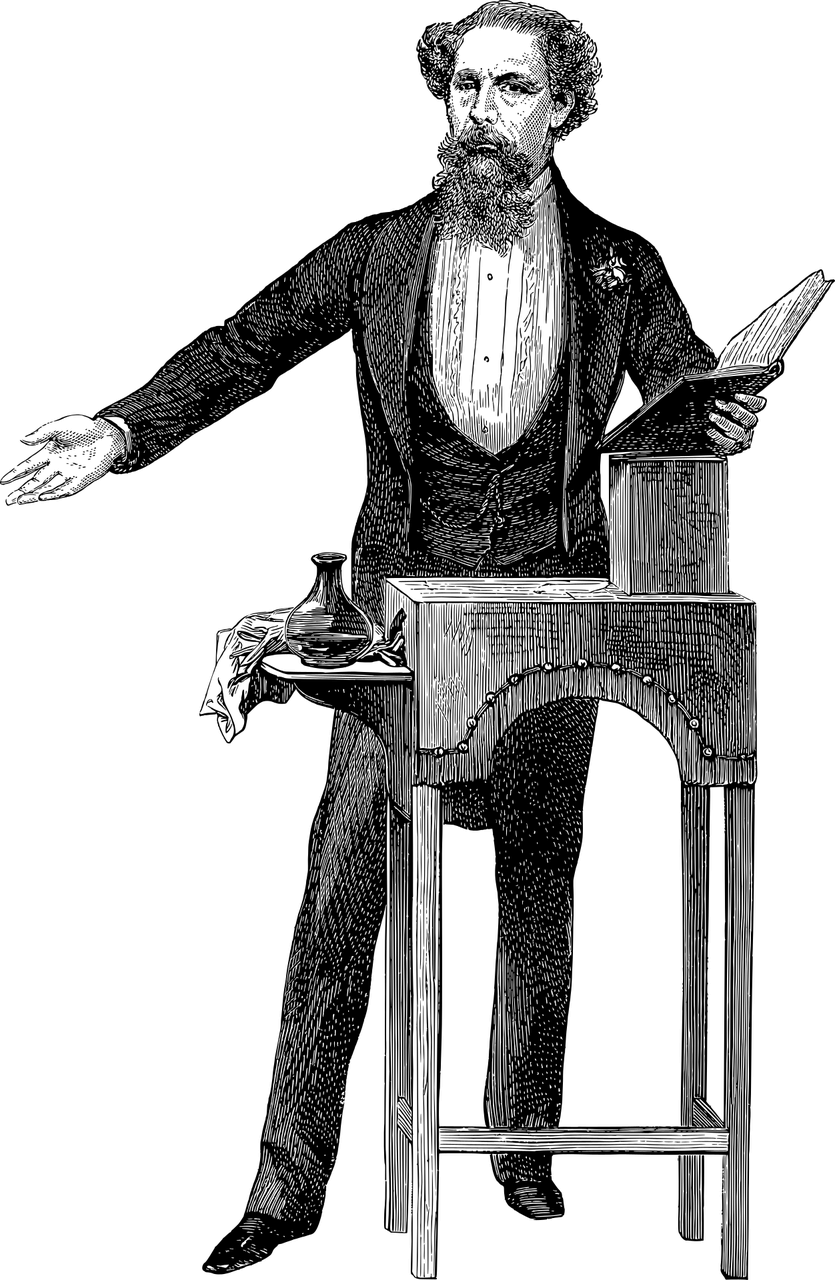George Orwell - Literatures Fierce Visionary

Introduction:
George Orwell, born as Eric Arthur Blair, was a British writer renowned for his keen observations and dystopian novels that continue to captivate readers worldwide. His works, such as 1984 and Animal Farm, showcase Orwell’s uncanny ability to delve into the complex nature of political systems and human behavior. This article aims to delve into Orwell’s life, his literary evolution over time, and the significance of his contributions to literature.
George Orwell: A Brief Overview

– Born on June 25, 1903, in Motihari, Bihar, India, Orwell spent his early years in the British Raj before moving to England at the age of eight.
– Orwell’s penchant for writing surfaced during his schooling years, where he excelled in English literature.
– While working as a colonial policeman in Burma, Orwell developed a profound distaste for imperialism, setting the stage for many of his future writings.
– Throughout his life, Orwell demonstrated a strong commitment to social justice, advocating for the poor and oppressed and condemning totalitarian regimes.
The Literary Evolution of George Orwell
Early Works and Experiences
– Orwell’s first two major works, Down and Out in Paris and London (1933) and Burmese Days (1934), drew heavily from his personal experiences and shed light on the struggles of poverty and colonialism.
– These early writings showcased his distinct writing style characterized by vivid descriptions and an unfiltered portrayal of societal flaws.
Political Awakening and The Spanish Civil War
– Orwell’s time in Spain during the Spanish Civil War marked a turning point in his life and writing career.
– He fought with the Republican forces against the Fascists while simultaneously documenting his experiences in Homage to Catalonia (1938).
– This firsthand account provided readers with an intimate understanding of the complexities and contradictions within leftist movements, ultimately disillusioning Orwell with Stalinism.
Dystopian Masterpieces
– Orwell’s most acclaimed works, Animal Farm (1945) and 1984 (1949), solidified his status as a visionary of dystopian literature.
– Animal Farm’s allegorical portrayal of the Russian Revolution exposed the corruption and consolidation of power, while 1984 painted a terrifying picture of a totalitarian regime controlling every aspect of its citizens’ lives.
– Through these novels, Orwell warned against the dangers of political manipulation, loss of individuality, and the erosion of truth.
George Orwell’s Enduring Legacy
– Orwell’s writings remain highly relevant today, as his themes of governmental control, surveillance, and the manipulation of truth are eerily reflected in contemporary society.
– His concepts, such as the ubiquitous “Big Brother” and the language-bending “Newspeak,” have become synonymous with the dangers of authoritarianism.
– Orwell’s books continue to inspire readers to question authority, safeguard individual liberties, and remain vigilant against encroachments on freedom.
In Conclusion:
George Orwell’s works have left an indelible mark on literature, providing a thought-provoking exploration of political systems, societal structures, and the power dynamics that shape our world. His ability to combine sharp social commentary with compelling narratives has made his works timeless. As we continue to grapple with issues of truth, surveillance, and authoritarianism, Orwell’s insights serve as a stark reminder of the importance of safeguarding individual freedoms in the face of oppressive regimes.





